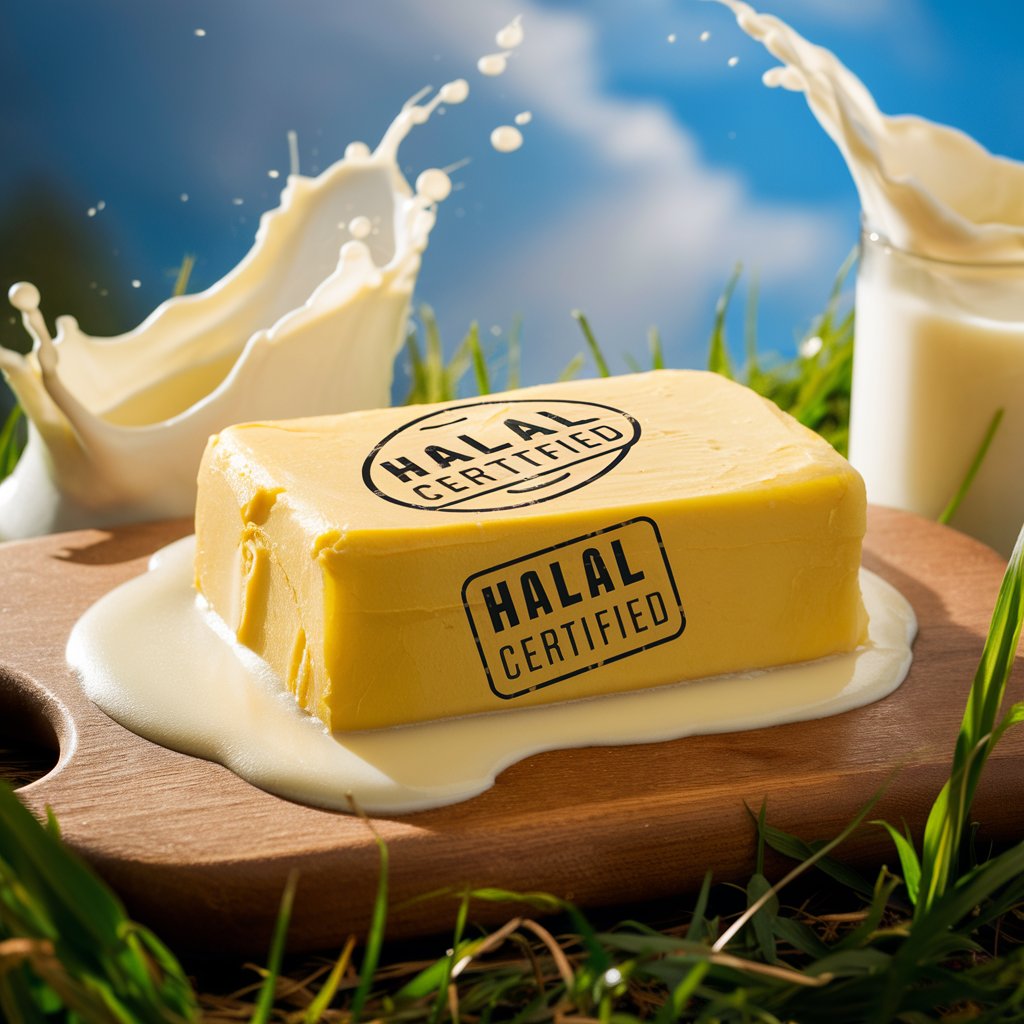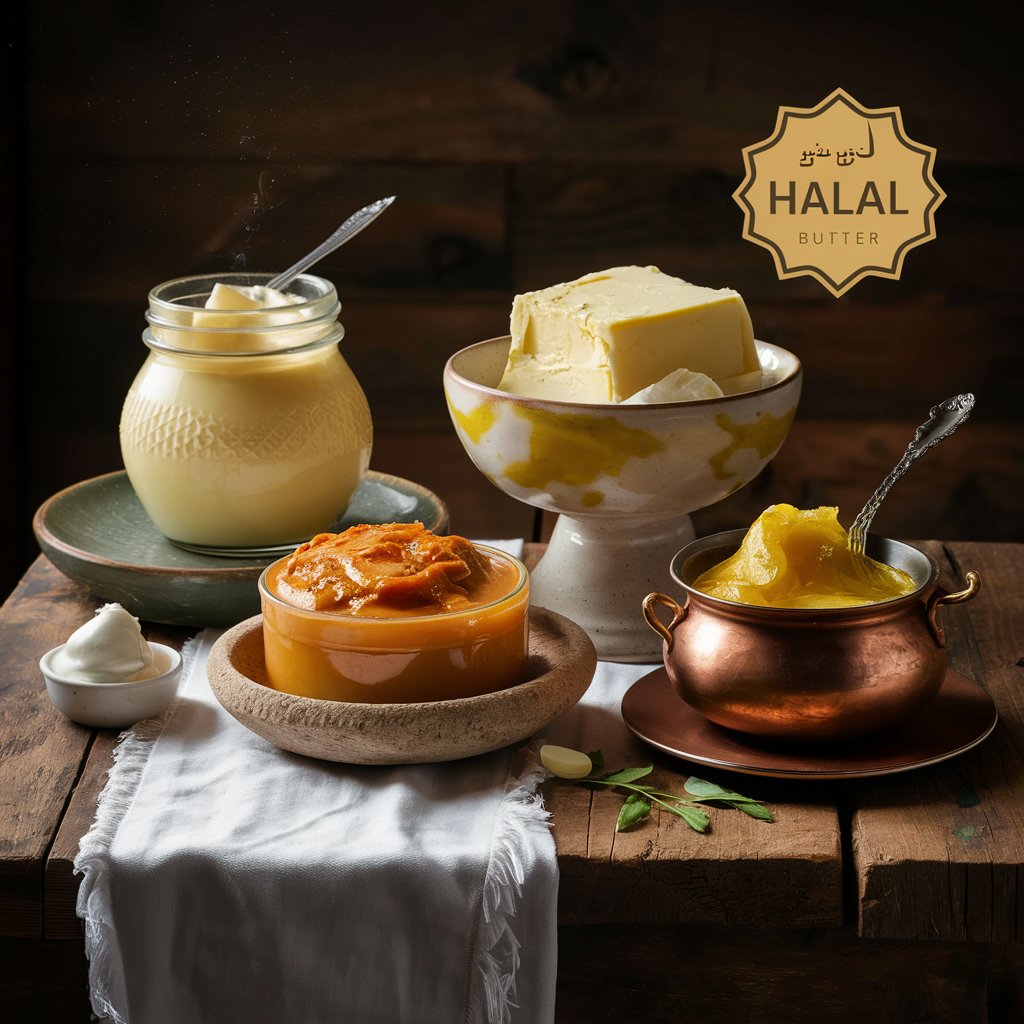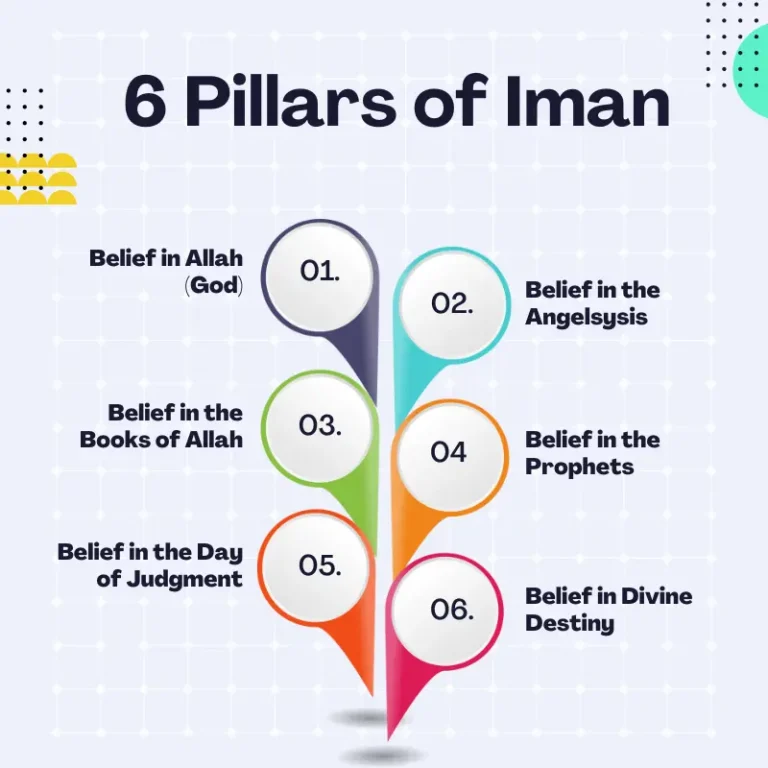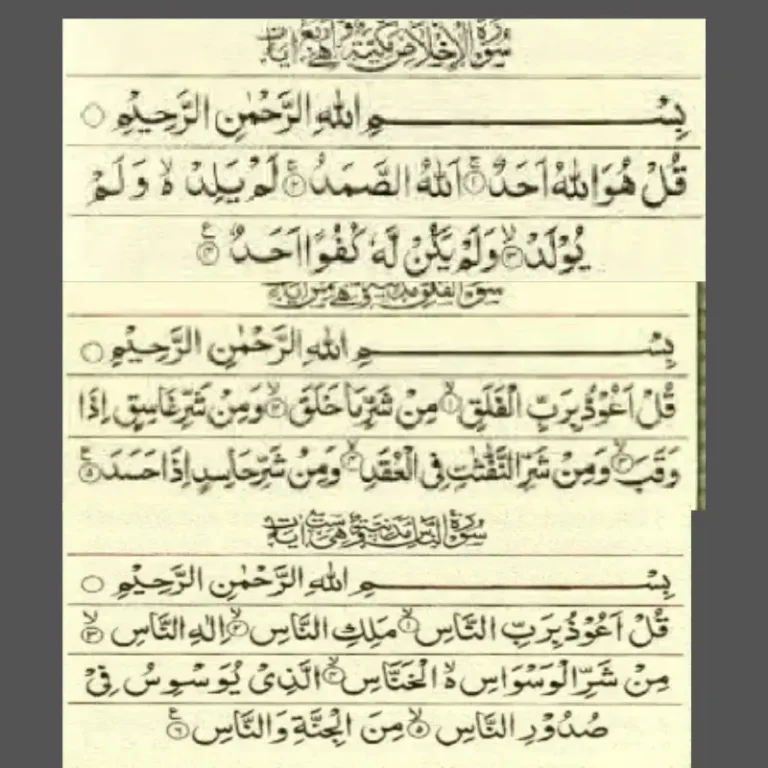Is Butter Halal?
As an expert in Islamic dietary laws and food science, I have conducted extensive research into the permissibility and purity (halal status) of various foods, including butter. In this comprehensive article, I will share my expertise and insights to provide a definitive answer to the question: Is butter halal?
Understanding Halal
To determine if butter is halal, we first need to understand what “halal” means in the context of Islamic dietary laws.
The word “halal” is an Arabic term that translates to “permissible” or “lawful”. In the context of food and drink, halal refers to anything that is allowed for consumption according to Islamic law (Sharia).
The opposite of halal is “haram”, which means “forbidden” or “unlawful”. Muslims are prohibited from consuming anything that is considered haram.
The Quran, the holy book of Islam, provides guidelines on what is halal and haram:
“O you who have believed, eat from the good things which We have provided for you and be grateful to Allah if it is [indeed] Him that you worship.” (Quran 2:172)
“He has only forbidden to you dead animals, blood, the flesh of swine, and that which has been dedicated to other than Allah.” (Quran 2:173)
Based on these verses, for a food to be considered halal, it must meet the following criteria:
- It must not contain any prohibited (haram) ingredients, such as pork, alcohol, or other intoxicants
- The animal it comes from (if applicable) must be slaughtered according to Islamic guidelines
- It must not be contaminated with any haram substances during preparation, processing, or packaging
With this understanding of halal, let’s examine the composition and production of butter to determine its permissibility.
What is Butter?
Butter is a dairy product made by churning cream or milk to separate the butterfat from the buttermilk. The main components of butter are:
- Butterfat (80-85%)
- Water (15-20%)
- Milk proteins (1-2%)
The percentage of each component can vary depending on the type of butter and the manufacturing process used.
There are several types of butter, including:
- Sweet cream butter (made from pasteurized fresh cream)
- Cultured butter (made from fermented or soured cream)
- Whey butter (made from the fat skimmed off whey)
- Ghee (clarified butter with the water and milk solids removed)
Most commercial butter is made from cow’s milk, although butter can also be made from the milk of other animals such as goats, sheep, or buffalo.
Is Butter Halal? Factors to Consider
 To determine if butter is halal, we need to examine each of its components and the manufacturing process for any haram elements.
To determine if butter is halal, we need to examine each of its components and the manufacturing process for any haram elements.
Animal Origin
As mentioned earlier, most butter is made from cow’s milk. Cows are considered halal animals, as they are not prohibited in the Quran or Hadith (sayings and traditions of Prophet Muhammad).
However, if the butter is made from the milk of animals that are considered haram, such as pigs, then the butter would not be halal.
Therefore, the first factor to consider is the animal origin of the butter. Butter made from the milk of halal animals is permissible, while butter made from the milk of haram animals is prohibited.
Slaughtering Process
For an animal to be considered halal, it must be slaughtered according to Islamic guidelines, known as dhabihah. This involves:
- Invoking the name of Allah before slaughter
- Using a sharp knife to cut the throat, windpipe and blood vessels swiftly
- Allowing the blood to drain completely from the animal’s body
However, in the case of butter, the slaughtering process is not relevant since it is made from milk, not meat. The animal does not need to be slaughtered for its milk to be considered halal.
Therefore, the slaughtering process is not a factor in determining the halal status of butter.
Added Ingredients
Some types of butter may contain added ingredients for flavor, preservation, or texture. These can include:
- Salt
- Natural or artificial flavors
- Preservatives (e.g. BHA, BHT)
- Colors
- Emulsifiers (e.g. lecithin)
It is important to examine the source and halal status of each added ingredient to ensure the butter remains halal.
Salt is a common additive in butter which is considered halal.
Natural flavors can be halal depending on their source. For example, plant-based flavors are generally halal. However, if the natural flavor is sourced from a haram animal, such as a pig, then it would make the butter haram.
Artificial flavors are usually considered halal as they are chemically synthesized and not derived from animals. However, artificial flavors may sometimes use alcohol as a solvent, which is prohibited in Islam. Therefore, it is important to verify that no alcohol was used in the production of artificial flavors.
Preservatives like BHA and BHT are synthetically produced antioxidants that are generally considered halal.
Food colors can be natural (derived from plants, minerals or insects) or artificial (chemically synthesized). Natural colors like annatto, turmeric and saffron are halal. Artificial colors are also typically halal, as long as they do not contain alcohol or other haram ingredients.
Emulsifiers like lecithin are usually obtained from plant sources (soybean, sunflower) and are halal. However, lecithin can also be derived from egg yolk or animal tissues. If lecithin comes from eggs, it is considered halal. But if it comes from haram animal tissues, it would make the butter haram.
Therefore, it is crucial to carefully review the ingredient list for any haram additives that would nullify the halal status of the butter.
Manufacturing Equipment and Processes
Another important factor to consider is the manufacturing process and equipment used to produce the butter.
According to Islamic law, food processing equipment and utensils must be free from contamination with haram substances. If the equipment used to manufacture butter also processes haram items like pork or alcohol, there is a risk of cross-contamination which could render the butter haram.
Many butter manufacturers also produce other dairy products like cheese, yogurt, and ice cream. If any of these products contain haram ingredients (like animal-derived gelatin or pepsin), and share the same equipment as the butter, it could potentially contaminate the butter.
Therefore, to ensure the butter is halal, it is important to verify that the manufacturing facility and equipment are exclusively used for halal products and do not process any haram items.
Alcohol Content
Alcohol is prohibited in Islam, whether it is consumed as a beverage or used as an ingredient in food products.
Some types of butter, particularly cultured butter, may naturally contain trace amounts of alcohol as a result of the fermentation process. The lactic acid bacteria used to ferment the cream can produce ethanol as a by-product.
However, the amount of alcohol produced is usually very small, typically less than 0.5% ABV (alcohol by volume). According to most Islamic scholars, foods containing less than 0.5% alcohol are considered halal as long as the alcohol is not added intentionally and is a natural by-product of the manufacturing process.
Therefore, the presence of trace amounts of alcohol from fermentation does not automatically make butter haram, as long as it remains below the 0.5% threshold.
Packaging and Labeling
Packaging and labeling can provide valuable information about the halal status of butter.
Some manufacturers may choose to certify their butter as halal through a reputable Islamic organization. These products will carry a halal certification logo on the packaging, indicating that the butter has been inspected and approved as permissible under Islamic law.
However, the absence of a halal logo does not necessarily mean the butter is haram. Many companies may produce halal-compliant butter without going through the formal certification process.
In these cases, it is important to carefully read the ingredient list and look for any haram components or questionable additives. If there are no clear haram ingredients listed, the butter can generally be considered halal.
It is also helpful to look for statements about the manufacturing process, such as “made in a facility that also processes pork” or “produced on equipment that also processes alcohol”. These disclosures can alert consumers to potential cross-contamination risks.
Scholarly Opinions
When it comes to determining the halal status of food products, it is important to consider the opinions of Islamic scholars and legal experts (fuqaha).
The majority of scholars agree that butter made from the milk of halal animals is permissible, as long as it does not contain any haram additives and is not contaminated during the manufacturing process.
However, there are some differences of opinion when it comes to butter that contains small amounts of alcohol from fermentation. While most scholars consider trace amounts of alcohol to be permissible, some take a stricter stance and avoid any products with detectable levels of alcohol.
There is also debate among scholars about the permissibility of butter made from the milk of animals that were not slaughtered according to Islamic guidelines. Some argue that the slaughter method only applies to the meat, not the milk, while others say that the milk of improperly slaughtered animals is also prohibited.
Ultimately, Muslims should seek guidance from trusted scholars and religious authorities to navigate these differing opinions and make informed decisions about the permissibility of butter in their diet.
Halal Status of Different Types of Butter
Now that we have examined the various factors that can affect the halal status of butter, let’s take a closer look at some common types of butter and their permissibility.
Sweet Cream Butter
Sweet cream butter is made from fresh, pasteurized cream and is the most common type of butter available in grocery stores.
As long as the cream comes from a halal animal (cow, goat, sheep, etc.) and does not contain any haram additives, sweet cream butter is generally considered halal.
However, it is still important to verify that the manufacturing process and equipment are free from contamination with haram substances.
Cultured Butter
Cultured butter is made from cream that has been fermented with lactic acid bacteria, giving it a tangy flavor and aroma.
As mentioned earlier, the fermentation process can produce trace amounts of alcohol, which may raise concerns about the halal status of cultured butter.
However, most Islamic scholars consider cultured butter to be halal as long as the alcohol content remains below 0.5% and is a natural by-product of fermentation, not intentionally added.
Whey Butter
Whey butter is made by separating the fat from whey, a liquid by-product of cheese making.
Whey itself is considered halal, as it is derived from the milk of halal animals. Therefore, butter made from whey is generally considered halal.
However, it is important to ensure that the whey does not come from the production of haram cheeses (e.g. those made with animal-derived rennet) and that the butter does not contain any prohibited additives.
Ghee
Ghee is a type of clarified butter that is popular in Indian and Middle Eastern cuisine. It is made by simmering regular butter to separate the water and milk solids from the butterfat.
Ghee has a longer shelf life and higher smoke point compared to regular butter, making it suitable for high-heat cooking.
Like other types of butter, ghee is considered halal as long as it is made from the milk of halal animals and does not contain any haram ingredients.
In fact, some scholars consider ghee to be a purer form of butter since the clarification process removes the water and milk solids, leaving behind only the butterfat.
However, it is still important to check the ingredient list and manufacturing process to ensure the ghee is free from any haram contaminants.
| Type of Butter | Halal Status | Conditions |
|---|---|---|
| Sweet Cream Butter | Halal | Made from halal animal milk, no haram additives, equipment free from contamination |
| Cultured Butter | Halal | Alcohol content below 0.5%, natural by-product of fermentation |
| Whey Butter | Halal | Whey from halal cheese production, no haram additives |
| Ghee | Halal | Made from halal animal milk, no haram ingredients, pure butterfat |
Conclusion
In conclusion, butter can be considered halal if it meets the following criteria:
- Made from the milk of halal animals (cow, goat, sheep, etc.)
- Does not contain any haram additives or ingredients
- Manufactured using equipment and processes free from contamination with haram substances
- Alcohol content (if present) remains below 0.5% and is a natural by-product, not intentionally added
When in doubt about the halal status of a particular brand or type of butter, it is best to:
- Look for halal certification logos on the packaging
- Carefully review the ingredient list for any haram components
- Check for statements about the manufacturing process and potential cross-contamination risks
- Consult with trusted Islamic scholars or religious authorities for guidance
By following these guidelines and exercising caution, Muslims can make informed choices about including butter in their halal diet.







